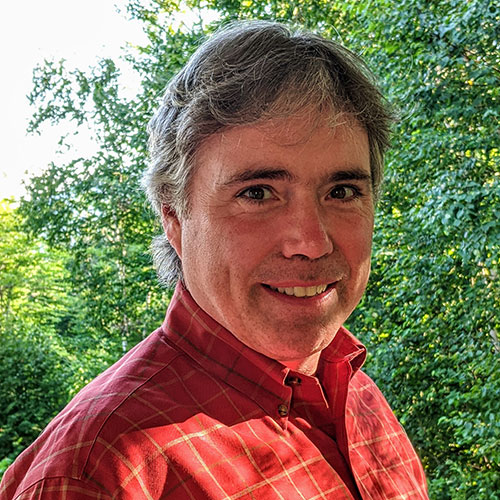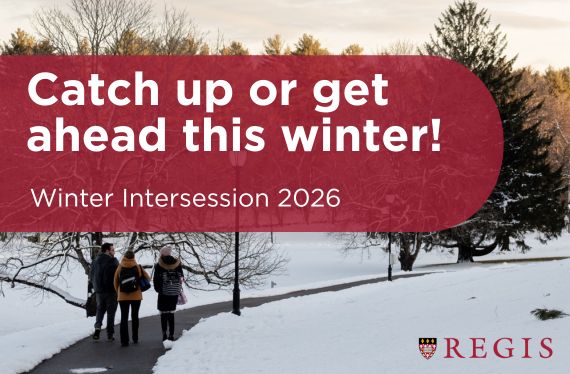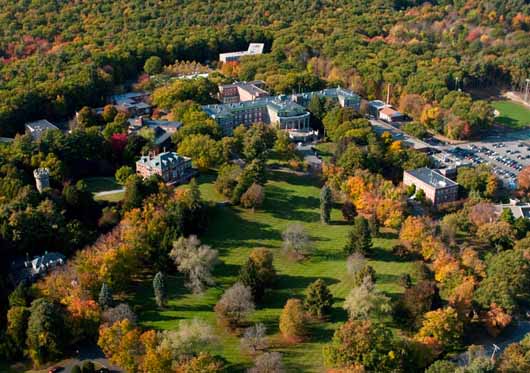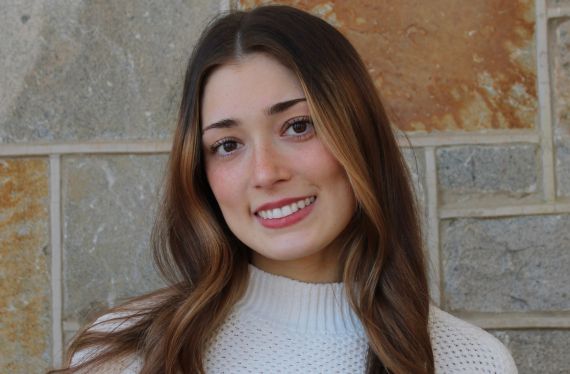In an effort to better understand the global COVID-19 pandemic, and learn from the ongoing challenges it has caused, Regis College students will have the opportunity to take a new interdisciplinary course dedicated to the many facets of the new coronavirus.
Available to all undergraduates beginning this semester, this new course is the brainchild of Regis Vice President for Academic Affairs Mary Driscoll, and was developed this summer by faculty representatives from all four schools as well as staff from the Center for Global Connection, the Center for Ministry and Service, and the Center for Inclusive Excellence.
“This is a university-wide endeavor and a very involved process,” said Mary Lou Jackson, Special Assistant to the President for Mission. “We wanted a way to bring the students together this fall with a course that is mission driven and interdisciplinary. Everyone has worked hard to accomplish that.”
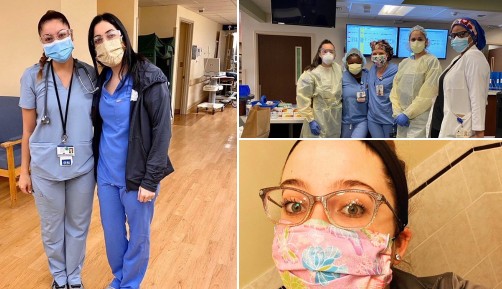
Titled “Living and dying through the pandemic: An interdisciplinary and comprehensive examination of the facts, fallacies, and fragilities related to COVID-19,” the course will examine the pandemic through myriad lenses including virology, social disparities, global response, public health, and art.
“The amazing part about this course is there is certainly going to be structure, quizzes, and papers, but there are also going to be open forums that move across all these disciplines,” said Shannon Hogan, a virologist and professor in the School of Arts and Sciences. “I believe we are going to make such a difference in so many students’ lives across all majors.”
One of those forums will give students the chance to read personal narratives related to the mental health impact of the pandemic. “We’ve been working on creating a field of study around the medical humanities, which is an emerging field that considers traditional humanities disciplines in the context of medical education and practice,” said Jonathan Fitzgerald, an assistant professor of humanities and general education. “I felt that a medical humanities perspective would be essential to the formation of the course.”
Each week the course will cover multiple aspects of the pandemic and will include lectures, dialogues, and reflections. For the first term of the fall semester the course will be remote and offered at night in order to accommodate as many students’ schedules as possible.
For Leslie Mandel, a professor of public health, the course will not only bring more attention to her field, but also take a hard look at the social disparities and inequities that COVID-19 highlighted.
“The pandemic brought more attention to an already bad situation,” said Mandel. “We want this to be a jumping off point for students so they can learn how, through policy and advocacy, they can make constructive change.”
All faculty involved in creating the course shared their enjoyment of getting the chance to work closely with colleagues from other schools and disciplines, and added they hope their efforts can be a model for future course development.
“Everyone on this team is so collaborative and intelligent in their fields,” said Hogan. “They all have a deep understanding of how what they do has a global impact and interacts with each other’s disciplines.”
